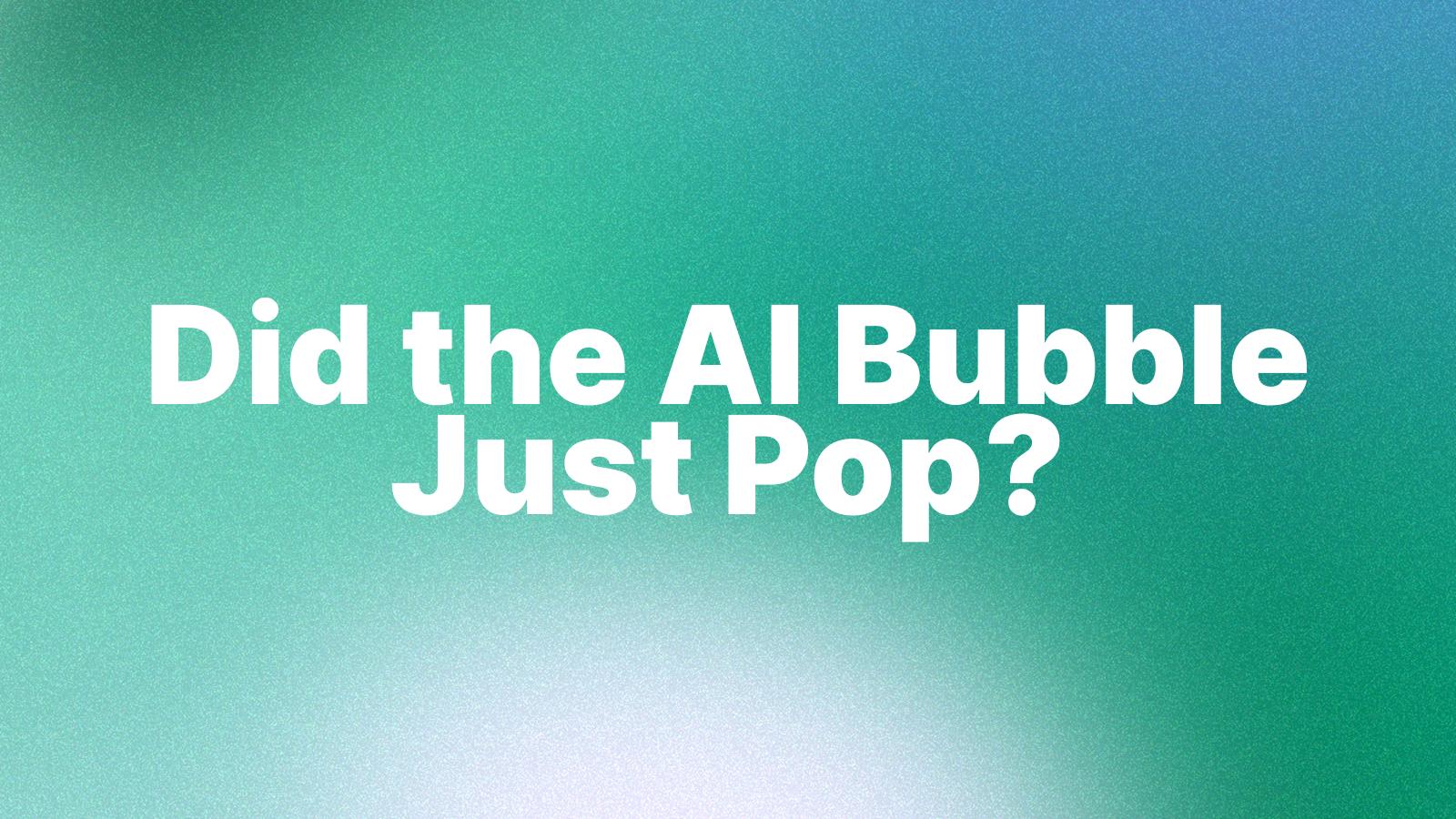
People Mentioned
Did the AI bubble just pop?
For years, artificial intelligence has been the shining star of the tech world, pulling in trillions of dollars in investment and promising to change everything from healthcare to Hollywood. But lately, the hype has started to wobble. With warnings from big-name tech leaders and sobering data on how companies are actually using AI, people are asking: is the boom running out of steam?
Warnings from the top
The loudest caution comes from someone at the center of it all: Sam Altman, CEO of OpenAI. Altman has compared today’s AI frenzy to the dot-com bubble of the late 1990s. In his words: “When bubbles happen, smart people get overexcited about a kernel of truth.” He admits he sees both sides: investors are overhyped, but AI itself is still “the most important thing to happen in a very long time.”
He’s not the only one worried. Alibaba co-founder Joe Tsai and billionaire investor Ray Dalio have also warned that the AI market is starting to look overheated.
The reality check inside companies
It’s not just talk. A recent MIT report shows that 95% of generative AI pilot projects at companies are failing, meaning they stall out without making any real difference to profits. The problem isn’t that AI tools don’t work; it’s that organizations don’t know how to use them effectively.
Most companies are spending heavily on sales and marketing AI, even though the biggest payoffs come from less glamorous areas like automating back-office tasks. And when businesses try to build their own AI systems, the failure rate climbs even higher.
Déjà vu from the dot-com era
This mismatch between sky-high expectations and disappointing results feels a lot like the dot-com crash, when companies had billion-dollar valuations but no real revenue. Today’s AI startups may not be doomed, but most corporate experiments still aren’t showing tangible returns.
A reset, not a collapse
Still, calling this the “end of AI” is going too far. What’s more likely is a correction, a shift from hype to reality. As Altman points out, the technology itself remains transformative. The lesson is that buying AI tools isn’t enough. Making them work requires tough, slow, behind-the-scenes integration.
So maybe the bubble did pop, but instead of killing AI, it might just be forcing the industry to grow up.
References:
- CNBC: OpenAI’s Sam Altman sees AI bubble forming as industry spending surges
- The New Yorker: Is the A.I. Boom Turning Into an A.I. Bubble?
- Fortune: MIT report: 95% of generative AI pilots at companies are failing

